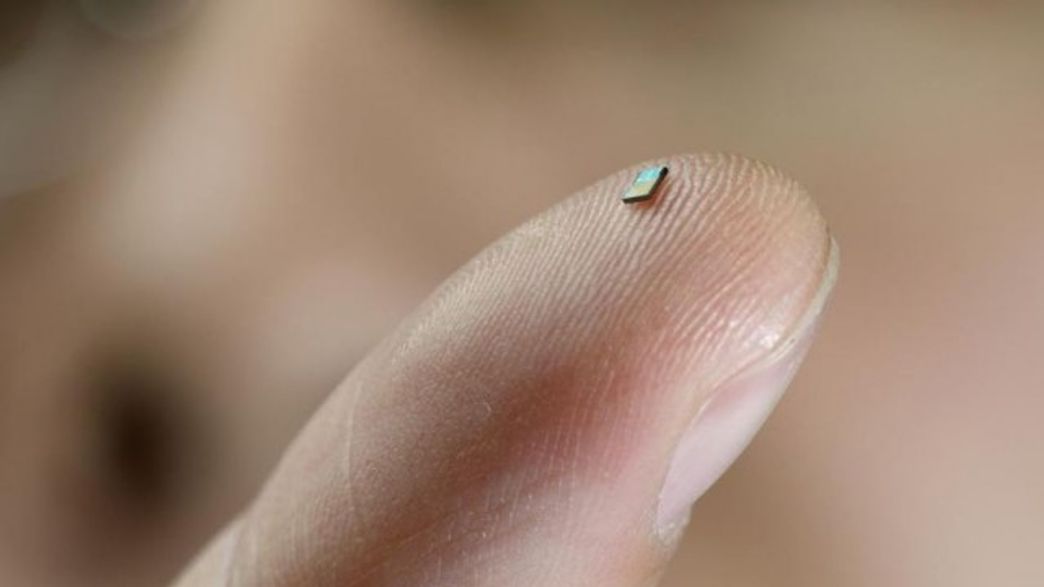July 27, 2025

In a leap forward for preventive healthcare, scientists have developed an implantable biosensor that can detect early signs of illness before any symptoms appear.
The small, biocompatible chip—no larger than a grain of rice—is implanted under the skin and continuously monitors biomarkers like cytokines and interleukins, which signal inflammation and infection in the body. The data is wirelessly transmitted to a smartphone app, alerting patients and doctors in real-time when abnormal changes are detected.
The sensor was tested in a clinical trial involving 60 participants. It successfully predicted respiratory infections, viral flares, and autoimmune responses up to 48 hours before patients noticed symptoms.
“Early detection is the holy grail of medicine,” said Dr. Amina Shah, biomedical engineer at Stanford University and co-lead of the study. “By the time symptoms show, damage is already underway. This tech gives us a crucial head start.”
The device could be particularly transformative for immunocompromised individuals, elderly patients, or those with chronic conditions. It also holds promise for monitoring post-operative complications or emerging infections in real time.
While still undergoing regulatory review, the technology represents a powerful shift toward proactive medicine—where conditions are intercepted before they take hold.
“This is how we go from reactive healthcare to predictive care,” said Dr. Shah. “We’re not just treating illness—we’re outsmarting it.”